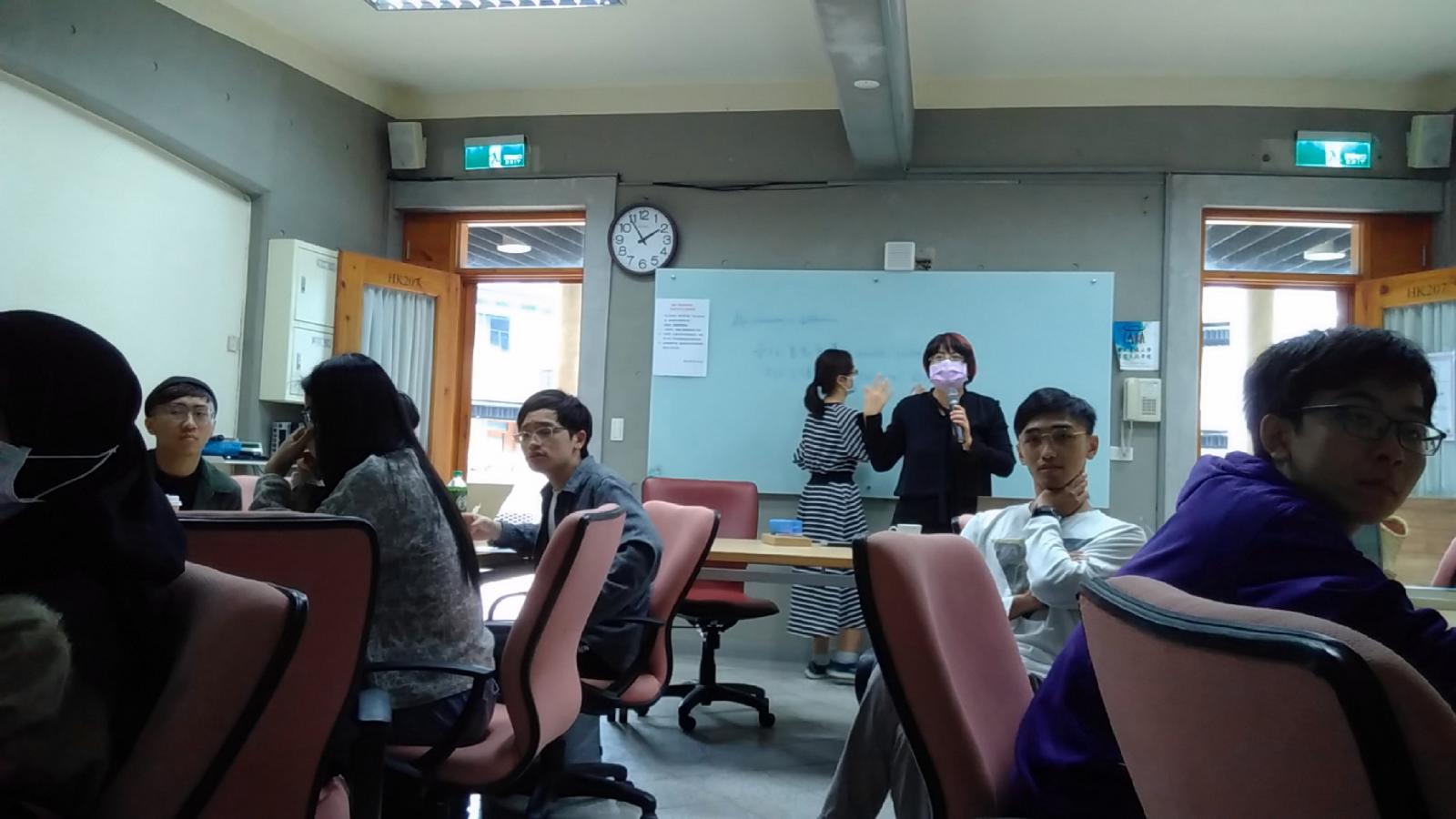

Understanding Durkheim in Multicultural Migration and the Crisis of Labor: A Lecture by Dr. Sudarat Musikawong
2020-04-20
Topic: Understanding Durkheim in Multicultural Migration and the Crisis of Labor
Speaker: Dr. Sudarat Musikawong
Date: 31st March 2020

Dr. Sudarat Musikawong’s talk “Understanding Durkeim in Multicultural Migration and the Crisis of Labor” was intended as an undergraduate level introductory lecture. The lecture introduces Emile Durkheim’s ideas of mechanical and organic solidarity in relation to society formation, inclusion and exclusion, and social cohesion through exclusive measures based on citizenship. This lecture relates Durkheim’s theory to think through contemporary issues of migrant workers, the foreigner status, and citizenship.
Dr. Musikawong started the lecture by introducing Durkeim’s ideas of mechanical solidarity and organic solidarity. Mechanical solidarity is based on similarity, and often found in traditional society; while organic solidarity is based on difference and inter-dependence through dissimilarity, and often treasured in modern society, or at least, it is often thought so.
Dr. Musikawong then introduced different types of state policy managing multicultural societies, namely assimilation, exclusionary incorporation, integration and social cohesion, and social solidarity. In many Asian countries, Dr. Musikawong suggests, citizenship is often based on exclusionary policy of jus sanguinis principle. She also argues that “integration” policy, as adopted by many countries, is not based on democratic form of multiculturalism, and often ignores unequal power relations.
The rise of xenophobia, Dr. Musikawong suggests, is the fear of difference. Quite often, the fear of immigrants and migrations are being used and manipulated to justify lower wages, reduce the state’s welfare budget, restrict immigration, control population, and to reduce rights of immigrants and migration. Thus, the question is: How do we live together with responsibilities?
Referring back to the distinction between mechanical and organic solidarity, Dr. Musikawong invites the audience to think about how complex and diverse societies can live together amicably, through interdependence. She suggests that there are four principles for democratic pluralism, namely: sense of shared futures, models of responsibilities and rights, civility and respect, and making social justice visible. During the discussion session, Dr. Musikawong also invites the audience to think about the future of “solidarity” in Taiwan regarding migration and multiculturalism from the aspects of the government, business sectors, youth, as well as labour unions and NGOs.
[Written by Desmond Sham (Postdoctoral Fellow, International Center for Cultural Studies)]

近期新聞 Recent News


Report|Conceptualizing Digital Governance in the Age of Semiconductors: A Critical Review of Keywords and Concepts
2025-12-03
more
Report| Book Launch: Nyanyian di Perantauan: Kumpulan Lirik Lagu Pekerja MigranIndonesia & Laporan Skena Musik di Taiwan 2024
2025-11-22
more